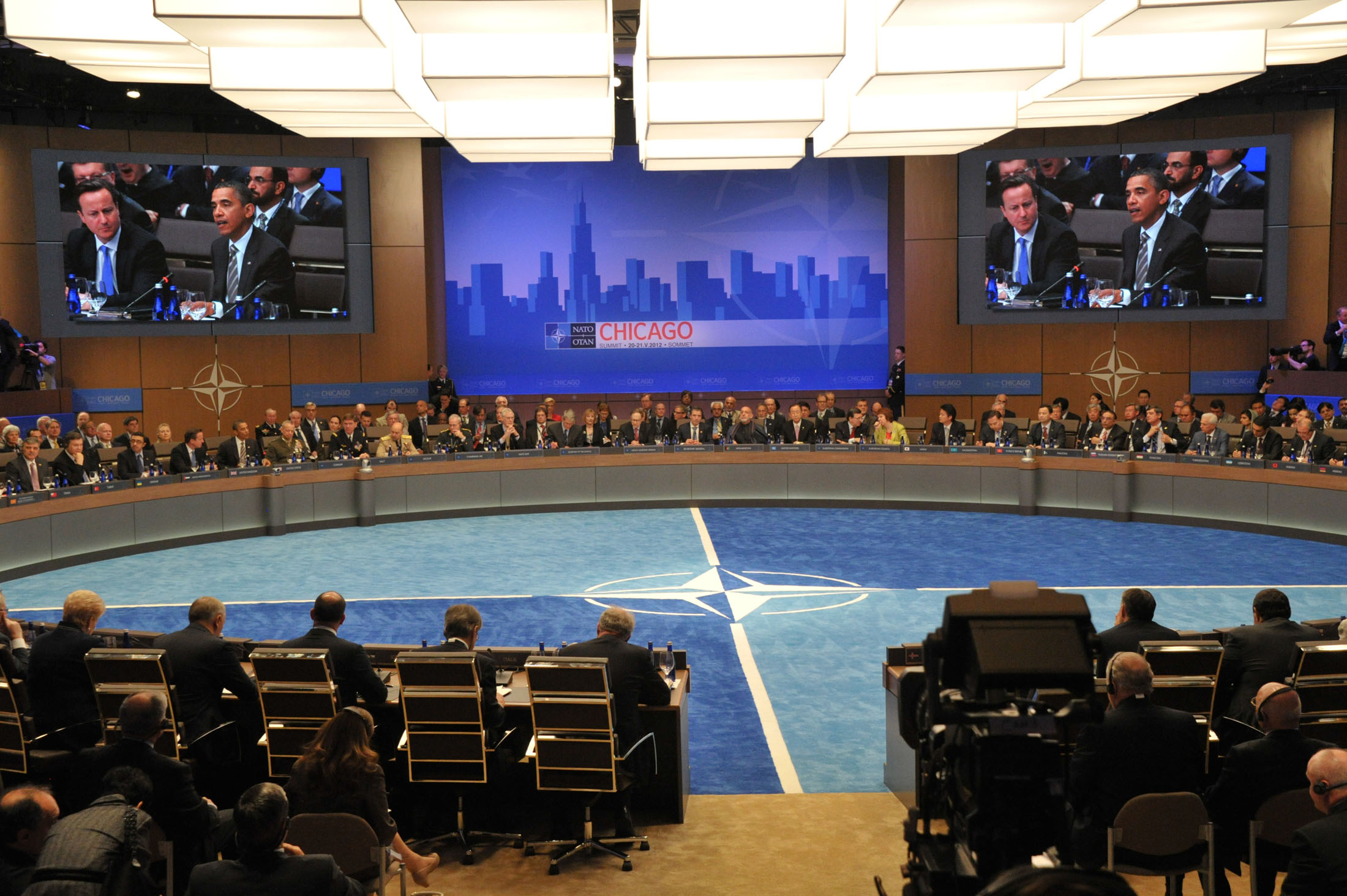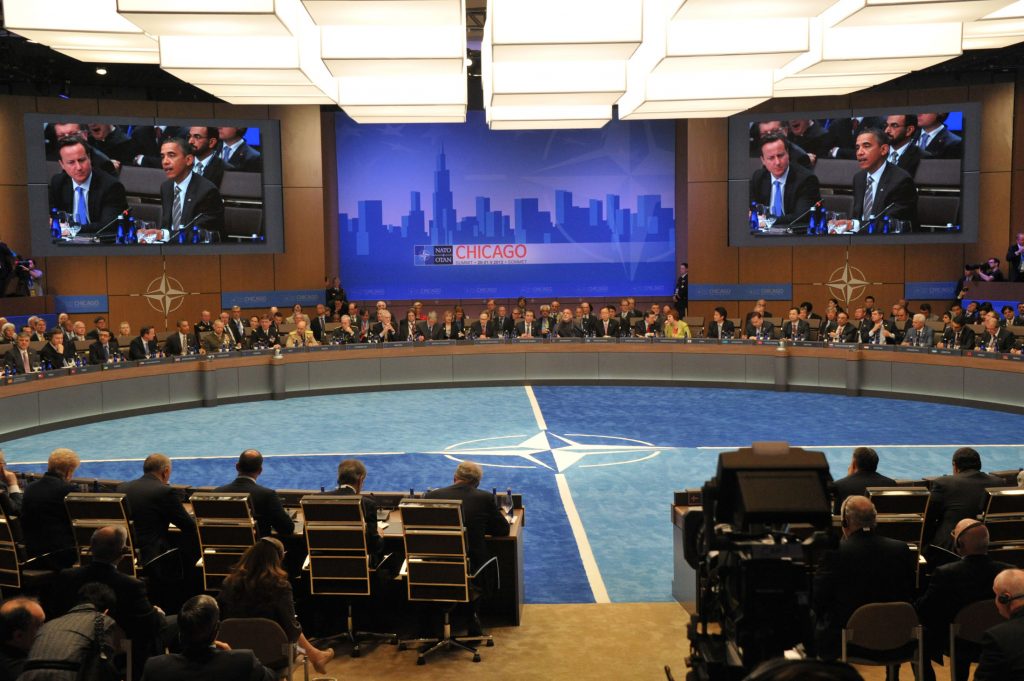 The U.S. should use the next NATO summit to advance an agenda that keeps NATO focused on the future of Afghanistan, ensures that NATO enlargement is firmly on the agenda, and readies the alliance for the challenges of the 21st century.
The U.S. should use the next NATO summit to advance an agenda that keeps NATO focused on the future of Afghanistan, ensures that NATO enlargement is firmly on the agenda, and readies the alliance for the challenges of the 21st century.
To best ensure that the next NATO summit is a success, the U.S. should start laying the groundwork now by:
- Keeping NATO focused on Afghanistan. The U.S. needs to drum up financial support for the ANSF and seek concrete troop pledges for the mentoring mission in Afghanistan after 2014. This is no time for NATO to turn its back on the situation there.
- Encouraging partnerships with NATO allies. The U.S. should push to have a Mediterranean Dialogue meeting during the summit involving heads of state and government. Now that relations between Turkey and Israel are back on track, this should be a possibility, but it will require much diplomatic work leading up to the summit.
- Advocating for enlargement. NATO’s “open door policy” is critical to mobilizing Europe and its allies around a collective transatlantic defense. Leading up to the summit, the U.S. should work to continue the open door policy for European countries that qualify.
- Pressing allies on defense spending. President Obama should address this directly with his European counterparts leading up to the summit. To date, President Obama has been reluctant to do so—usually leaving this task to his Defense Secretary.
Invest in NATO
NATO has done more to promote democracy, peace, and security in Europe than any other multilateral organization, including the European Union. The 2014 NATO summit will come at a pivotal time for the alliance. It is essential that the U.S. continue to be an active participant in the alliance’s future.
Luke Coffey is Margaret Thatcher Fellow in the Margaret Thatcher Center for Freedom, a division of the Kathryn and Shelby Cullom Davis Institute for International Studies, at The Heritage Foundation.
Image: NATO Summit in Chicago (photo: NATO)
